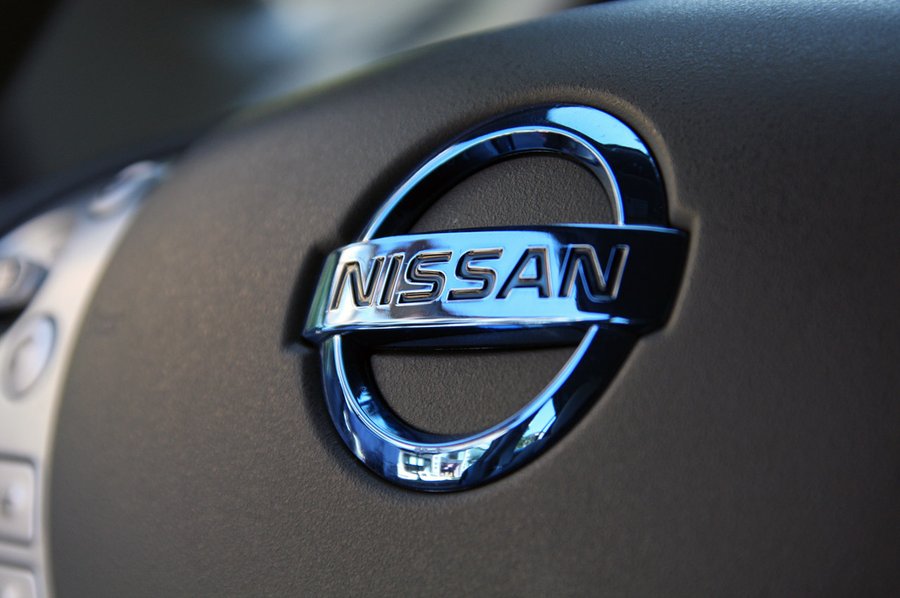While the automaker didn't specify what model took it past the mark (with multiple production lines around the world operating simultaneously, it may be hard to tell), we do know that Nissan Leaf prototypes are currently in production.
Nissan, founded in 1933, took 73 years to build the first 100 million, but just 11 years for the next 50 million. 58.9 percent of those cars have been built in Japan, down from 76.5 percent in 2006, when Nissan built its 100 millionth vehicle. The U.S. accounts for 10.8 percent of Nissan produced, while China and Mexico each represent 7.9 percent. 6.2 percent came from the UK, while 2.4 percent were built in Spain. Other countries make up the remaining 5.8 percent of production.
Nissan-Renault-Mitsubishi also celebrated another milestone recently as, together, the automakers became the world's largest automotive partnership, selling almost 10 million vehicles a year combined. That tops Volkswagen and Toyota.
Nissan has an infographic at its press site, with a timeline of milestones taking us from the company's founding in 1933, to its first electric vehicle (the Tama) in 1947, through the opening of its Smyrna, Tenn., plant in 1983, to the launch of the second-generation Nissan Leaf earlier this month.
Related News

